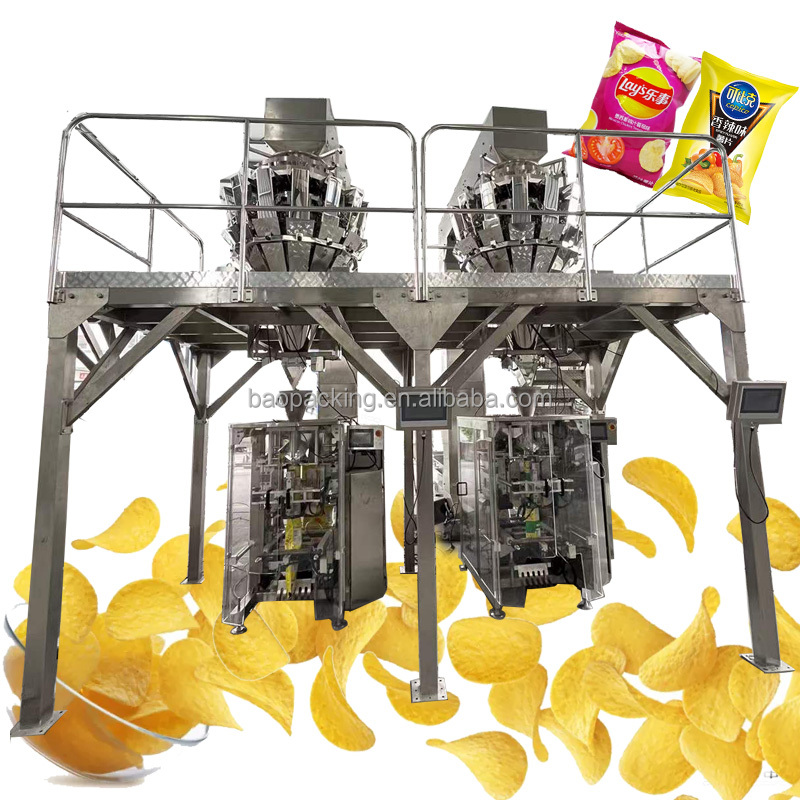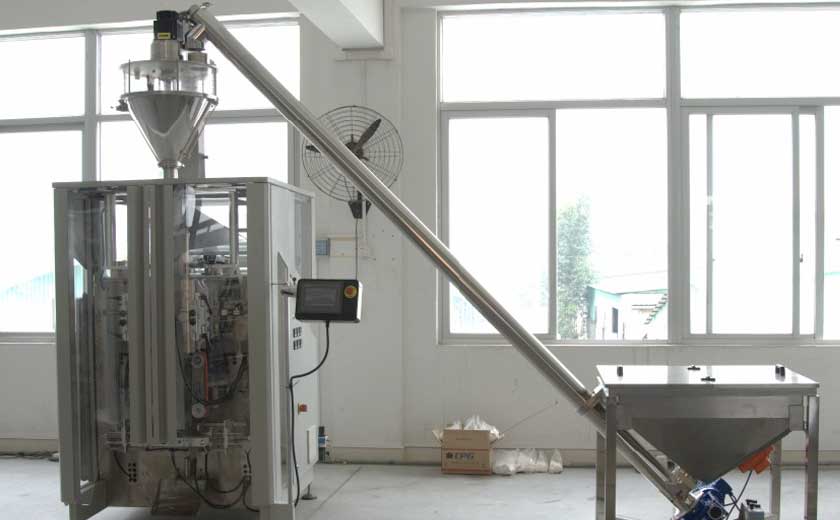The Environmental Impact of Modern Sachet Water Packing Machines
Introduction
Sachet water packing machines have become increasingly prevalent in developing countries, offering a convenient and affordable way to distribute drinking water. However, the environmental impact of these machines is a growing concern, as they contribute to plastic pollution, energy consumption, and greenhouse gas emissions. This article examines the multifaceted environmental impact of modern sachet water packing machines, highlighting the urgent need for sustainable solutions.
Plastic Waste Generation
One of the primary environmental concerns associated with sachet water packing machines is the generation of plastic waste. Sachets are typically made from polyethylene, a non-biodegradable material that can take centuries to decompose. Consequently, discarded sachets accumulate in landfills and waterways, polluting the environment and posing a significant threat to wildlife.
The production of plastic sachets also requires significant amounts of fossil fuels, further exacerbating their environmental footprint. The extraction, processing, and transportation of these fossil fuels contribute to greenhouse gas emissions, contributing to climate change.
Energy Consumption
Sachet water packing machines require substantial amounts of electricity to operate. The process of heating and sealing the sachets generates large amounts of heat, requiring significant energy input. This energy consumption contributes to the depletion of non-renewable energy resources and increases the demand for electricity, often generated from fossil fuels.
Greenhouse Gas Emissions
The energy consumption associated with sachet water packing machines also contributes to greenhouse gas emissions. The combustion of fossil fuels to generate electricity releases harmful gases such as carbon dioxide, methane, and nitrous oxide. These gases trap heat in the atmosphere, contributing to global warming and its associated negative impacts on the environment.
Water Quality Concerns
Sachet water packing machines can also pose water quality concerns. If the machines are not properly maintained or sanitized, they can harbor bacteria and other contaminants that can leach into the water. This can compromise the safety of the water for drinking, potentially leading to waterborne illnesses.
Sustainable Solutions
To mitigate the environmental impact of modern sachet water packing machines, it is imperative to implement sustainable solutions. These include:
Investing in biodegradable materials: Exploring the use of biodegradable or compostable materials for sachets to reduce plastic waste.
Improving energy efficiency: Optimizing the design and operation of sachet water packing machines to reduce energy consumption.
Promoting recycling and waste management: Establishing effective recycling programs and waste management systems to manage discarded sachets and reduce their environmental impact.
Exploring alternative water distribution methods: Investigating alternative methods of distributing drinking water, such as bulk dispensers or reusable bottles, to reduce the reliance on single-use sachets.
Conclusion
The environmental impact of modern sachet water packing machines is a complex and pressing issue that requires immediate attention. By implementing sustainable solutions, we can mitigate the plastic waste generation, energy consumption, and greenhouse gas emissions associated with these machines. It is essential to prioritize the environment and explore innovative approaches to ensure access to safe drinking water without compromising the integrity of our planet.
-
Overview of Packaging Machine Buying Guides
08-01-2024 -
How Does a Vertical Form Fill Seal Machine Work?
30-10-2023 -
Advancements in Auger Powder Filling Technology
27-10-2023 -
A Deep Dive into Automatic Packaging Machines
26-10-2023 -
The Revolutionary Fully Automatic Potato Chips Packaging Machine
20-09-2023 -
How to choose the right packaging machine?
23-08-2023 -
Reducing Waste And Maximizing Yield With Multihead Weigher Machines
15-03-2023 -
Nuts Packaging Machine for Dry Products Perservation
26-11-2022 -
Is Automated Biscuit Packaging Machine Better Than Manual Opeartion?
25-11-2022













